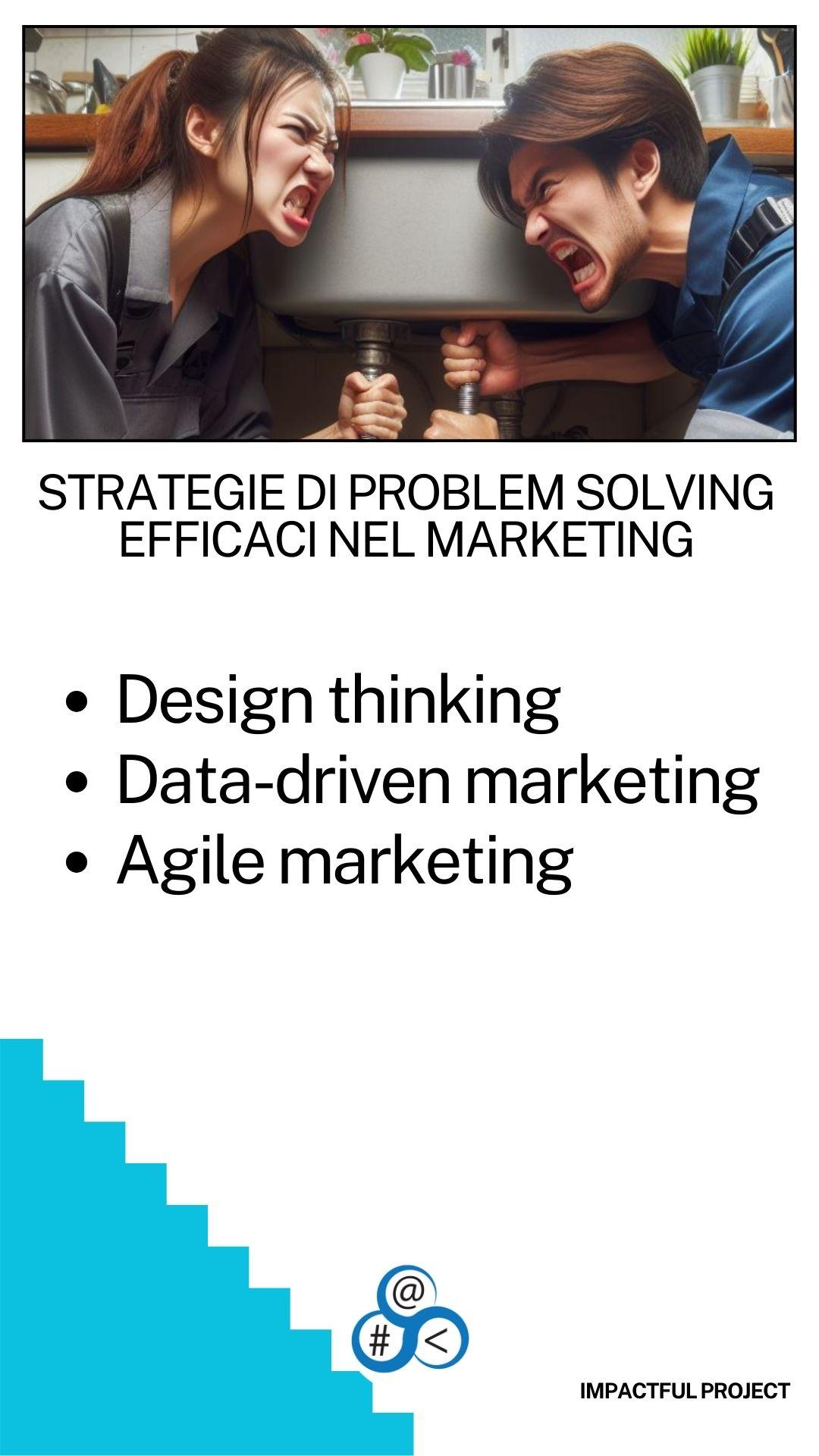Title: The Paradox of Prosperity: How Equal Wealth Distribution Challenges Entrepreneurial Ambition Among Heirs
In the realm of wealth inheritance, the notion of equal distribution often evokes images of fairness and familial harmony. However, beneath this seemingly equitable surface lies a complex dynamic that can inadvertently stifle the entrepreneurial spirit among heirs. This article delves into the paradox of prosperity, examining how the well-intentioned act of distributing wealth equally among descendants may, in fact, deter the very innovation and drive that once fueled the family’s success. By analyzing the psychological and economic implications of equal inheritance, we aim to unravel the intricate relationship between wealth distribution and entrepreneurial ambition, shedding light on why heirs may struggle to cultivate the same level of ingenuity and determination that characterized their predecessors. Through a confident exploration of these themes, we seek to provide a nuanced understanding of the challenges and opportunities faced by heirs in the pursuit of entrepreneurial ventures.
Impact of Wealth Distribution on Heirs Motivation
While the intention behind equal inheritance may be to maintain harmony among heirs, it often inadvertently stifles the drive to innovate and take risks. Entrepreneurial spirit thrives on challenges and the need to carve out one’s path. When heirs receive equal portions of wealth without the need to prove their mettle, the urgency to create and pursue ambitious ventures can diminish. This lack of financial pressure may result in a comfort zone where the motivation to push boundaries wanes, as the safety net of wealth provides a cushion against failure. The allure of a steady income from inherited assets can overshadow the desire to engage in the uncertain, yet potentially rewarding, world of entrepreneurship.
Consider these potential effects on heirs:
- Reduced Risk-Taking: The security of equal wealth distribution can discourage heirs from investing in new and innovative business ideas.
- Diminished Drive: Without the necessity to earn their way, heirs might lack the ambition to pursue groundbreaking ventures.
- Overreliance on Inherited Wealth: The comfort of a financial safety net can lead to complacency, with less emphasis on personal achievement and growth.
In essence, while equal distribution aims to promote fairness, it can inadvertently lead to a passive approach towards wealth creation and entrepreneurship among heirs, who might otherwise have been driven to make their mark in the business world.

Psychological Barriers to Entrepreneurial Risk-Taking
The inclination to take entrepreneurial risks is often impeded by psychological factors that arise from an equal distribution of wealth among heirs. When individuals inherit wealth, they frequently experience a sense of financial security that can dampen their drive to innovate or pursue business ventures. This comfort zone creates a risk-averse mindset, where the fear of losing inherited assets outweighs the potential gains from entrepreneurial activities. Moreover, heirs might face a lack of motivation to develop critical skills necessary for entrepreneurship, as their financial needs are already met.
Several key psychological barriers contribute to this phenomenon:
- Loss Aversion: The fear of losing a guaranteed financial cushion can deter heirs from engaging in high-risk entrepreneurial activities.
- Complacency: Financial security can lead to a lack of urgency or desire to seek additional wealth through business endeavors.
- Entitlement: A sense of entitlement may lead heirs to underestimate the effort required for entrepreneurial success, reducing their willingness to take risks.
Addressing these psychological barriers involves fostering a culture that values innovation and calculated risk-taking, encouraging heirs to step out of their comfort zones and actively engage in entrepreneurial pursuits.

Case Studies: Inherited Wealth and Business Innovation
Exploring the intersection of inherited wealth and business innovation reveals intriguing dynamics. In families where wealth is evenly distributed among heirs, there is often a dilution of resources that could otherwise be concentrated to fuel entrepreneurial ventures. This approach, while equitable, can inadvertently stifle the risk-taking and visionary thinking that are hallmarks of successful entrepreneurship. Without a singular focus or a dominant financial backing, heirs may find themselves constrained, unable to pursue ambitious projects that require substantial initial investment and a bold, singular vision.
Several case studies highlight how unequal distribution, albeit controversial, can lead to significant business breakthroughs. Consider the following observations:
- Concentrated Capital: Heirs receiving a larger portion of wealth can channel these resources into innovative startups, enabling them to invest in cutting-edge technology and talent.
- Decision Autonomy: With more control over financial resources, heirs can make swift decisions, fostering agility and rapid response to market changes.
- Vision Realization: Singular wealth inheritance allows for the pursuit of personal business visions without the need to compromise with multiple stakeholders.
While equitable distribution promotes fairness, it may inadvertently impede the entrepreneurial spirit required to transform inherited wealth into groundbreaking business ventures.

Strategic Recommendations for Cultivating Entrepreneurial Mindsets
To effectively nurture an entrepreneurial mindset in heirs, it’s crucial to focus on a few key strategies. Education and exposure to entrepreneurial environments should be prioritized. This can be achieved through mentorship programs, internships, and workshops that focus on real-world business challenges. By immersing heirs in dynamic business settings, they can develop the critical thinking and problem-solving skills necessary for entrepreneurial success.
Incentivizing innovation is another powerful approach. Encourage heirs to take risks and explore new ideas by offering seed funding or creating innovation labs where they can experiment with their ventures. This not only fosters creativity but also instills a sense of ownership and responsibility. Additionally, establishing a culture of continuous learning is essential. Encourage heirs to stay updated with industry trends, technological advancements, and market dynamics to maintain a competitive edge.
- Provide access to entrepreneurial networks and communities.
- Encourage participation in startup competitions and hackathons.
- Implement feedback loops for continuous improvement.



